

As the world commemorates International Workers' Memorial Day on April 28th, the ITUC-Asia Pacific stands in solidarity with workers worldwide in remembrance of those who have lost their lives, been injured, or fallen ill due to their work. This year's commemoration shines a spotlight on the perilous impacts of climate change on occupational health and safety (OHS), emphasising the critical necessity of a just transition to safeguard the right to health and safe workplaces for all.
“Asia and the Pacific is arguably the deadliest and most unsafe region for workers, where at least 1.2 million deaths are associated with work-related diseases and injuries. Such workplace-related hazards are exacerbated by the adverse impacts of climate change. This is alarming, noting that Asia and the Pacific region is also one of the most vulnerable regions to the impacts of climate change,” Shoya Yoshida, General Secretary of ITUC-Asia Pacific said.
A recent report by the International Labour Organization (ILO), Ensuring safety and health at work in a changing climate, sheds light on the dangerous and long-lasting effects of climate change on workers' health and safety. Excessive heat, UV radiation, extreme weather events, workplace air pollution, vector-borne diseases, and agrochemicals are identified as climate change and environmental risks that endanger workers’ safety across various sectors, from agriculture and construction to healthcare and transportation.
Shoya Yoshida added, “This is very much apparent in South and Southeast Asian countries that have been experiencing heat waves these days. Workers’ exposure to extreme heat does not only result in heat stress, heatstroke, heat exhaustion, and other physical health impacts. It also disrupts workplace operations and negative impacts workplace productivity. Thus, urgent actions must be done to protect workers’ health and safety from the impacts of excessive heat through the OHS committees at the workplace level or through the existing tripartite structures at the national level.”
The ILO report estimates that annually, 22.85 million occupational injuries, 18,970 work-related deaths, and 2.09 million disability-adjusted life year attributable to excessive heat.
"The findings of the ILO report underscore the urgent need for concerted action to address the intersection of climate change and occupational health and safety," said Shoya Yoshida. "As we commemorate International Workers' Memorial Day, it is imperative that we recognise the disproportionate impact of climate change on vulnerable communities and marginalized workers. A just transition to a sustainable and low-carbon economy is not only a way to address climate change and its impacts on the working poor; moreover, it is a moral imperative considering that we are in the middle of a climate emergency."
A just transition entails ensuring that the shift to a low-carbon economy is inclusive, equitable, and protects workers' rights. It demands robust social protection measures, including effective OHS measures to safeguard workers and their families against the adverse effects of climate change and climate policies.
"By embracing a just transition, we can build resilient communities, create sustainable livelihoods, and uphold the fundamental right to health and safe workplaces for present and future generations," Shoya Yoshida asserted.
On International Workers' Memorial Day, ITUC-Asia Pacific reaffirms its commitment to advancing just transition and promoting occupational health and safety as integral components of social justice and labour rights. It honours the memory of workers who have lost their lives and renew our dedication to creating a safer, healthier, and more sustainable world for all.


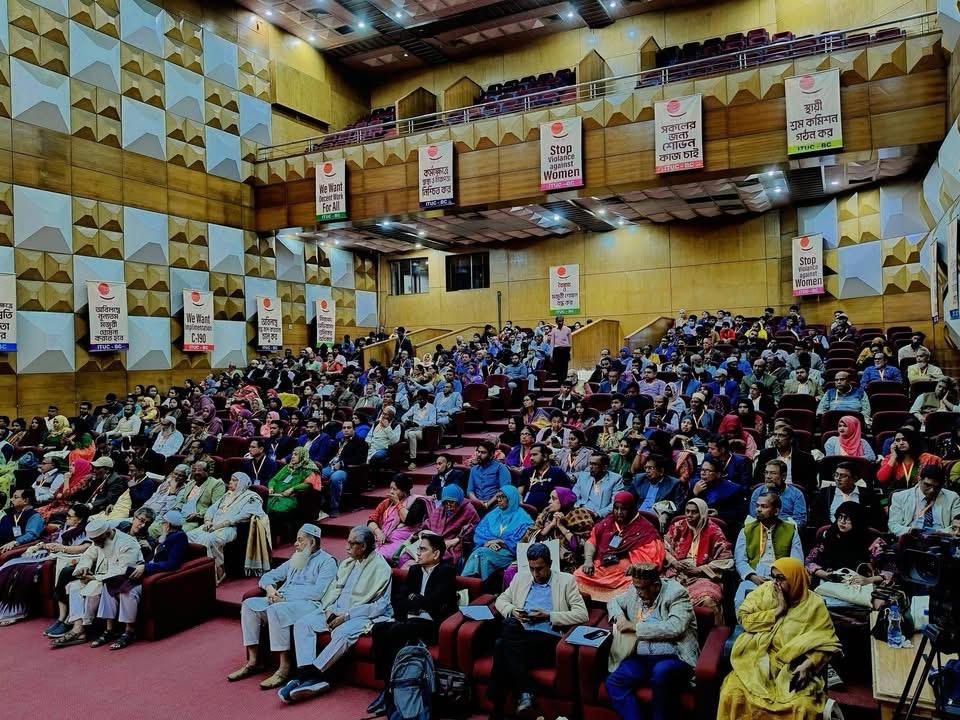





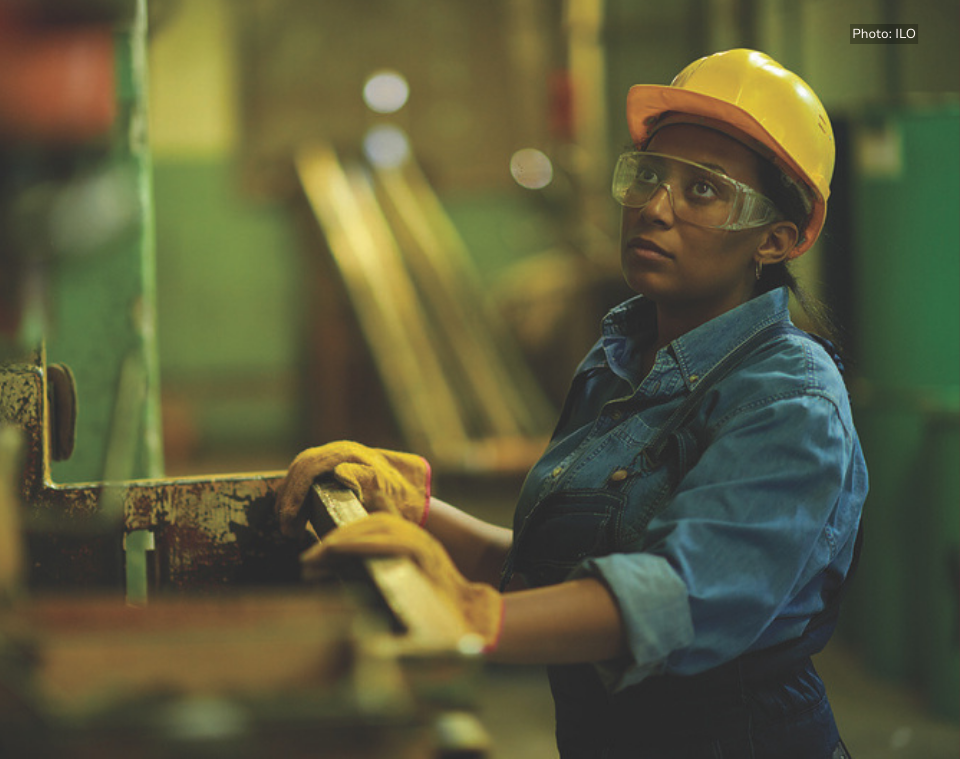





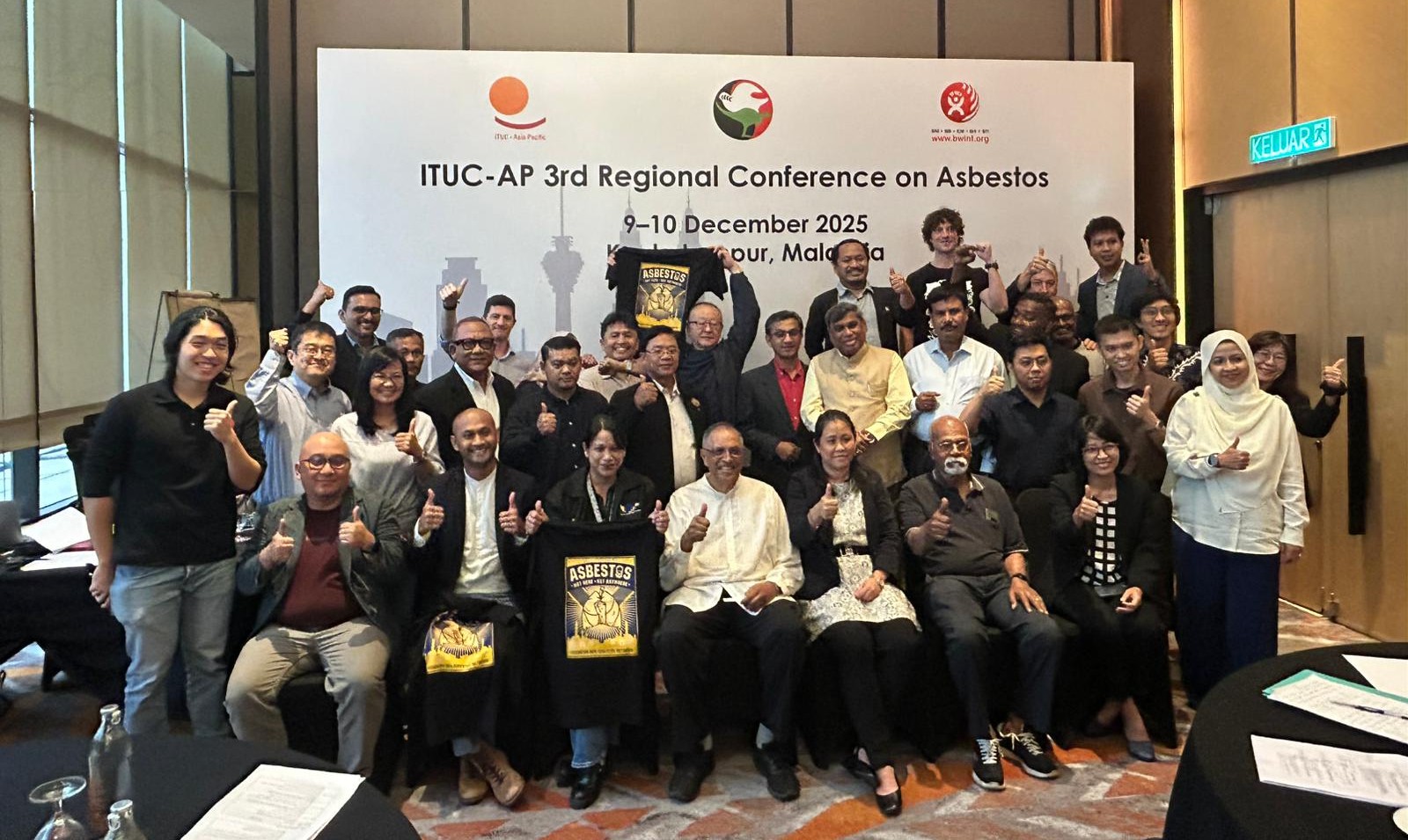











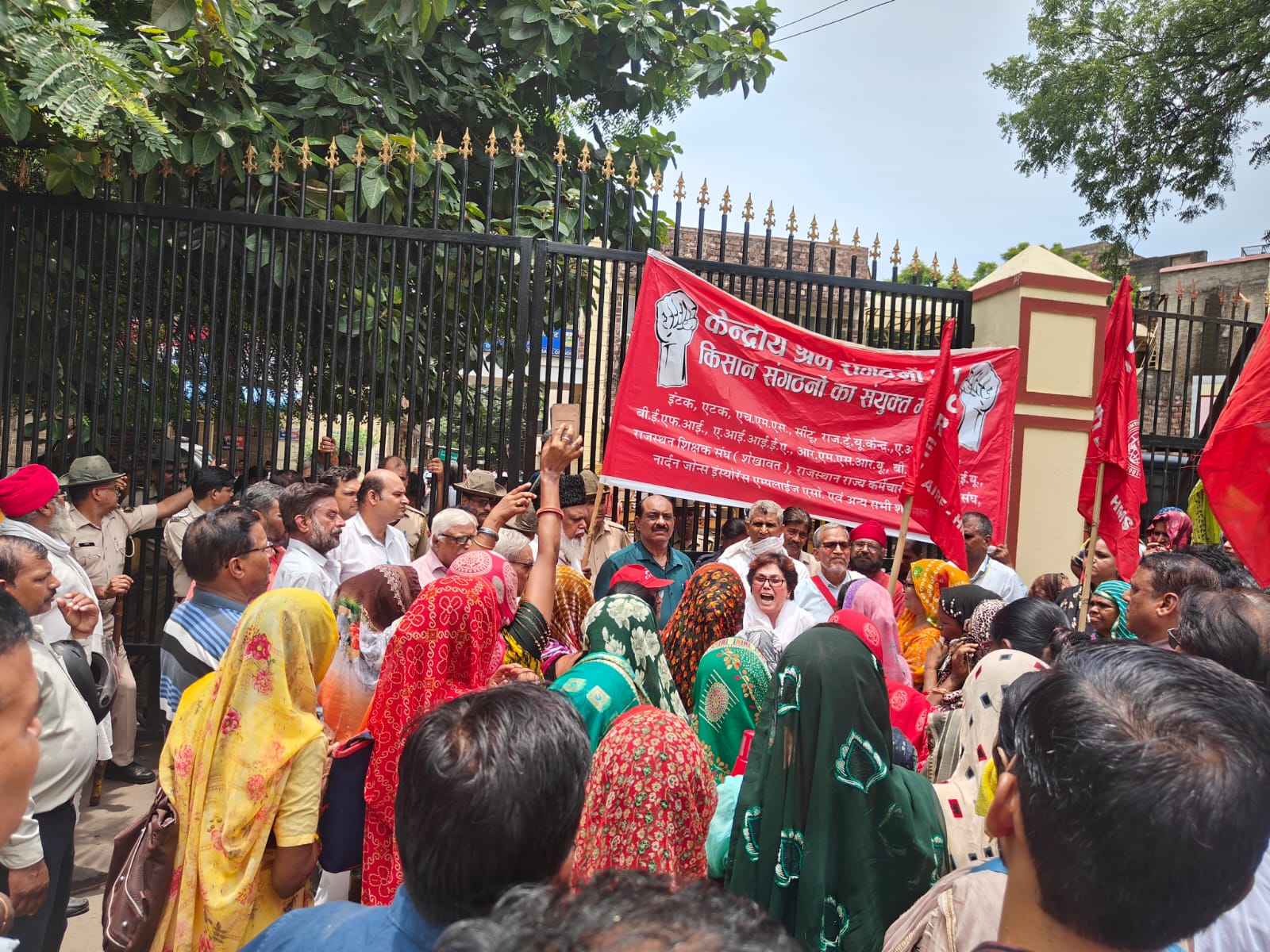











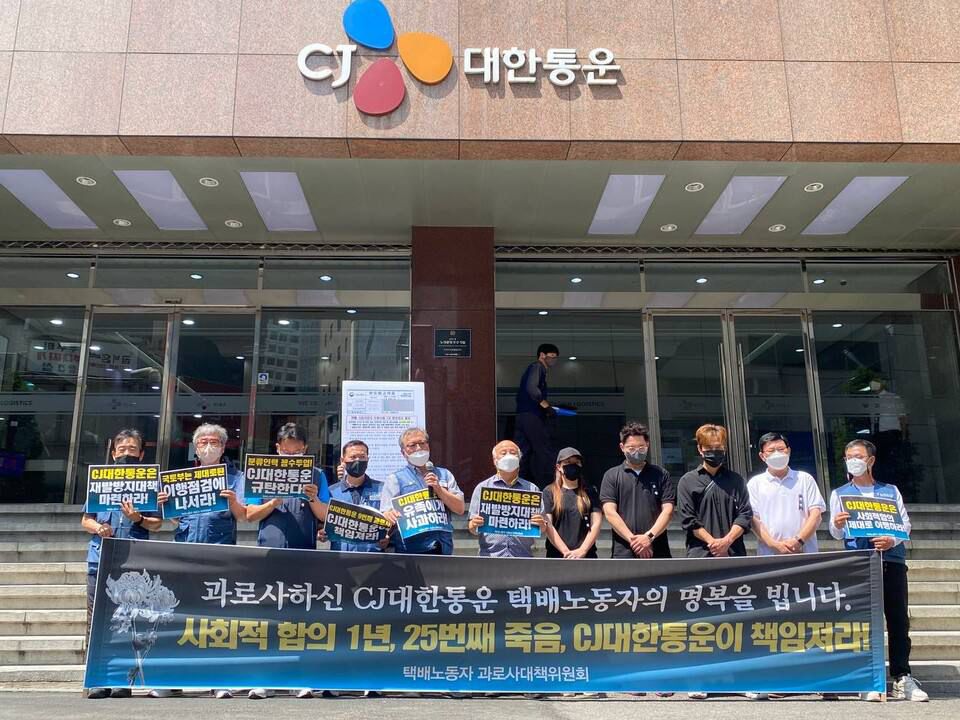











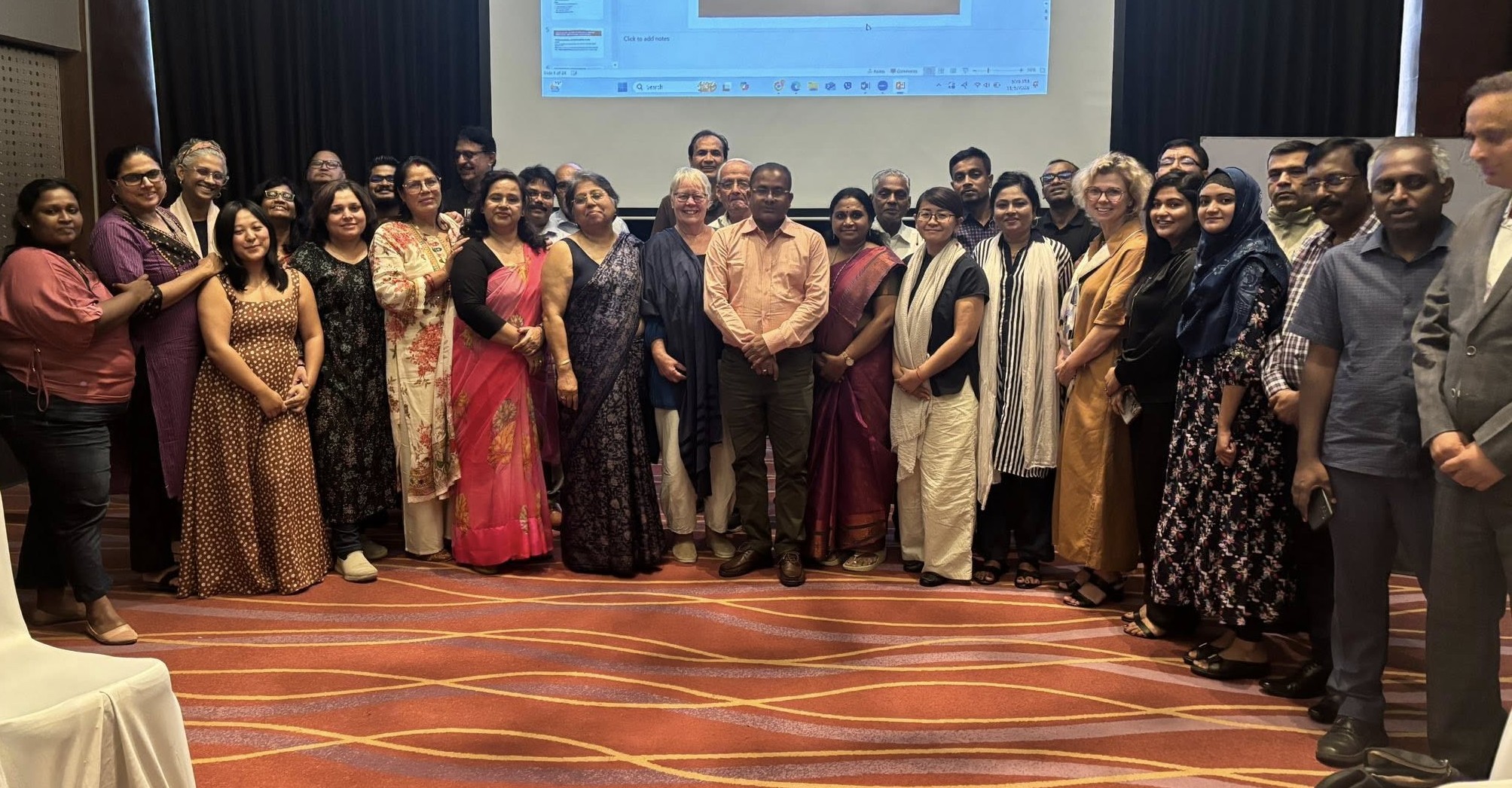





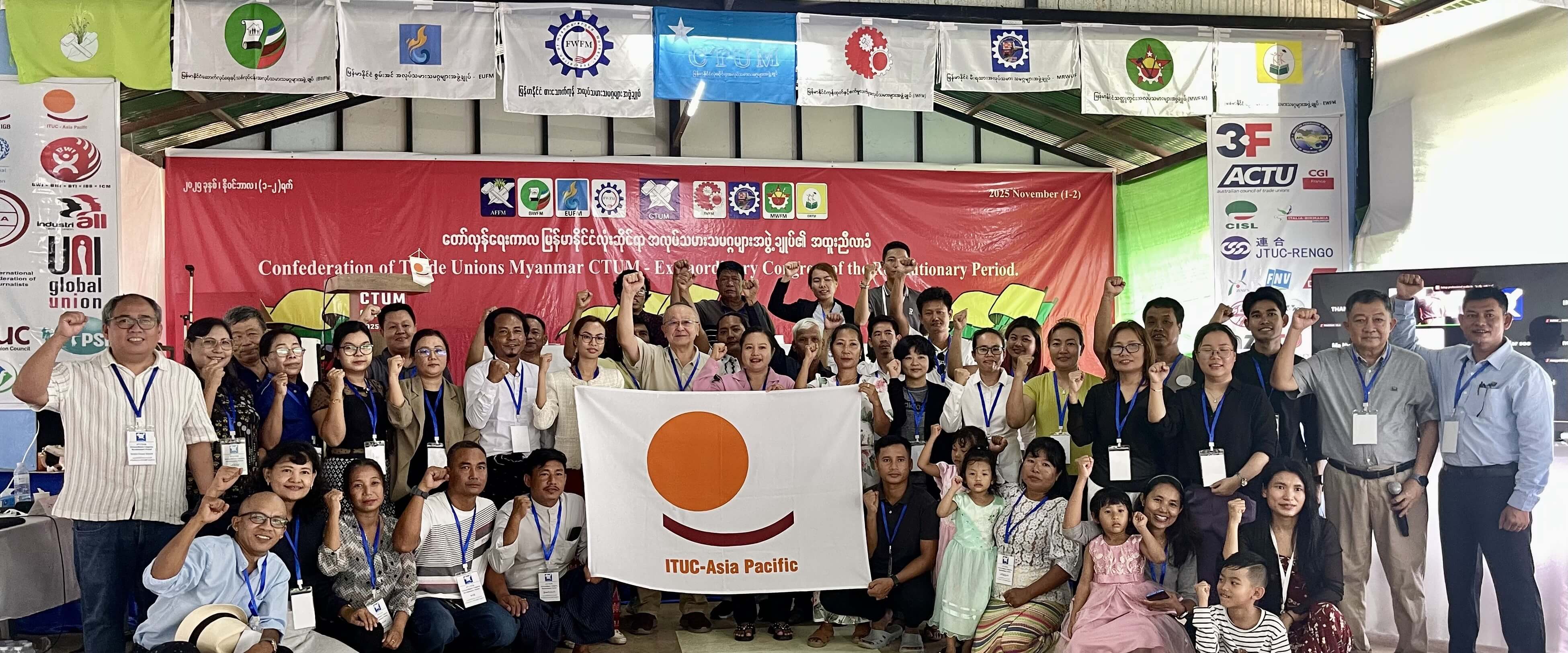





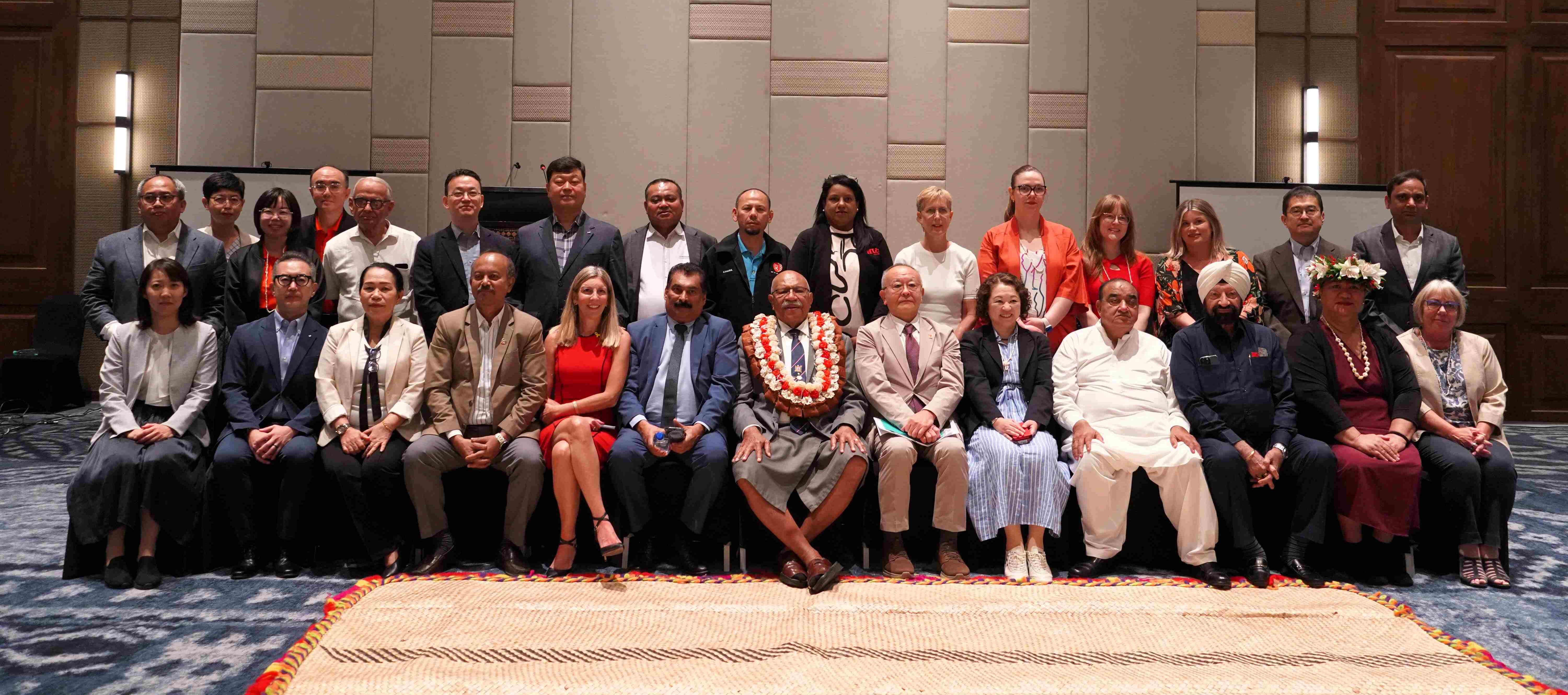





.jpg)


.jpg)








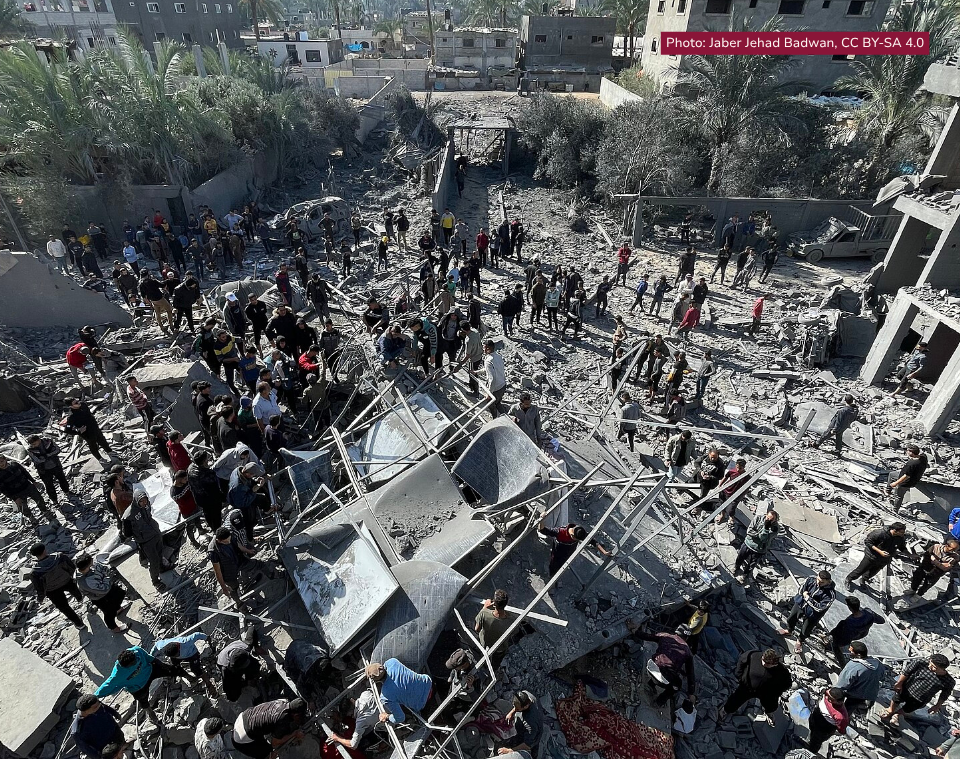





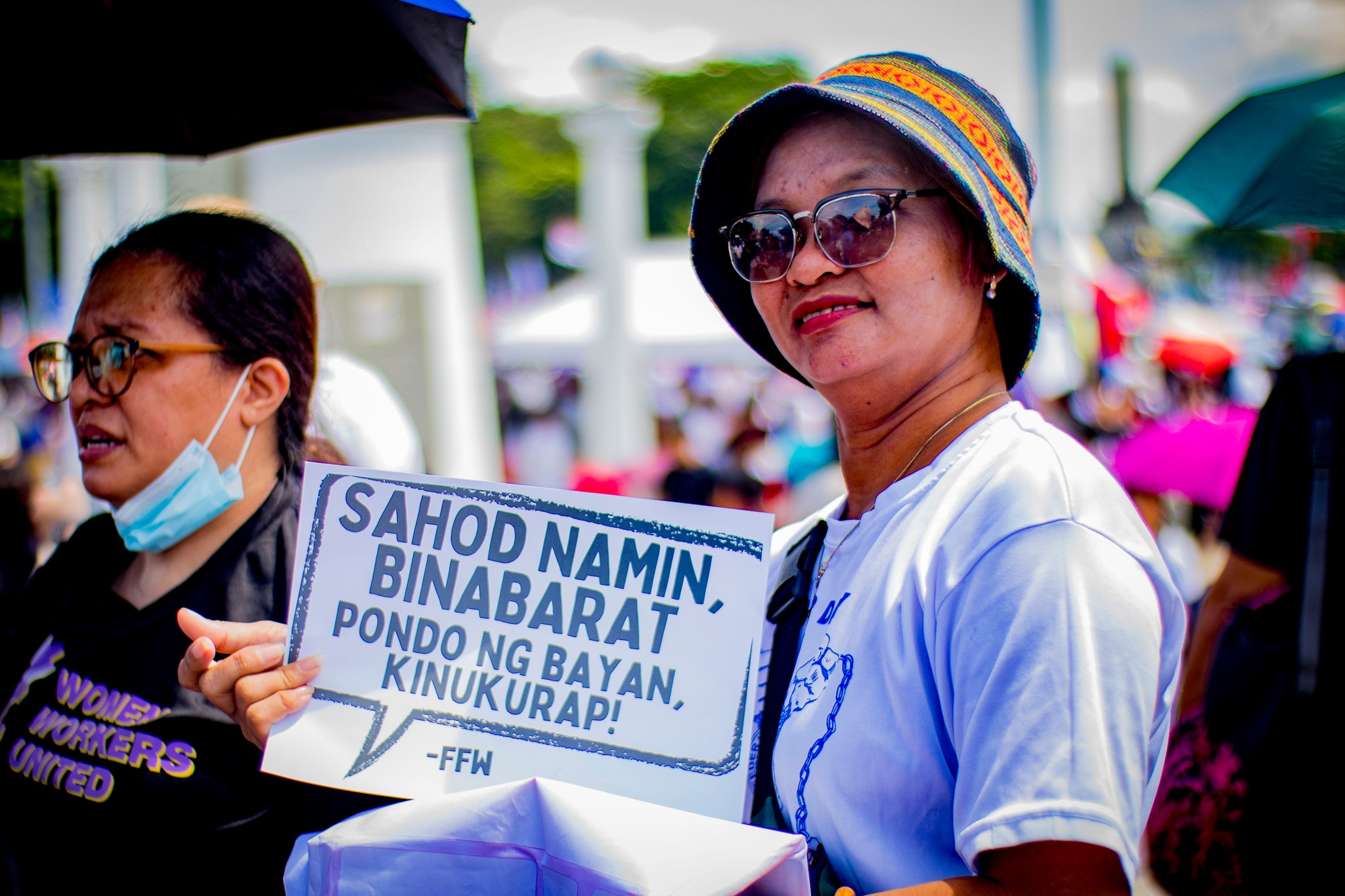





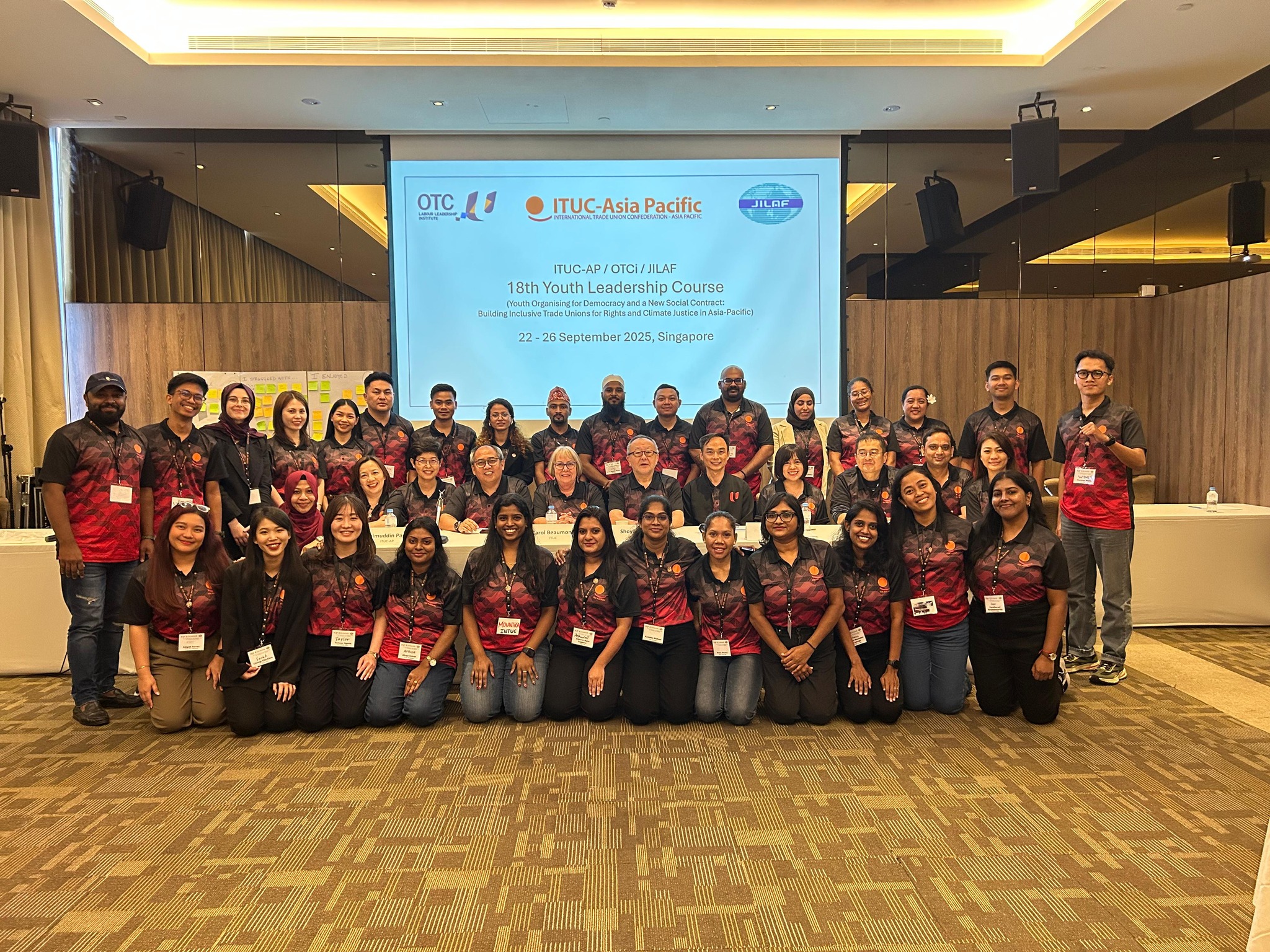





.png)


.png)








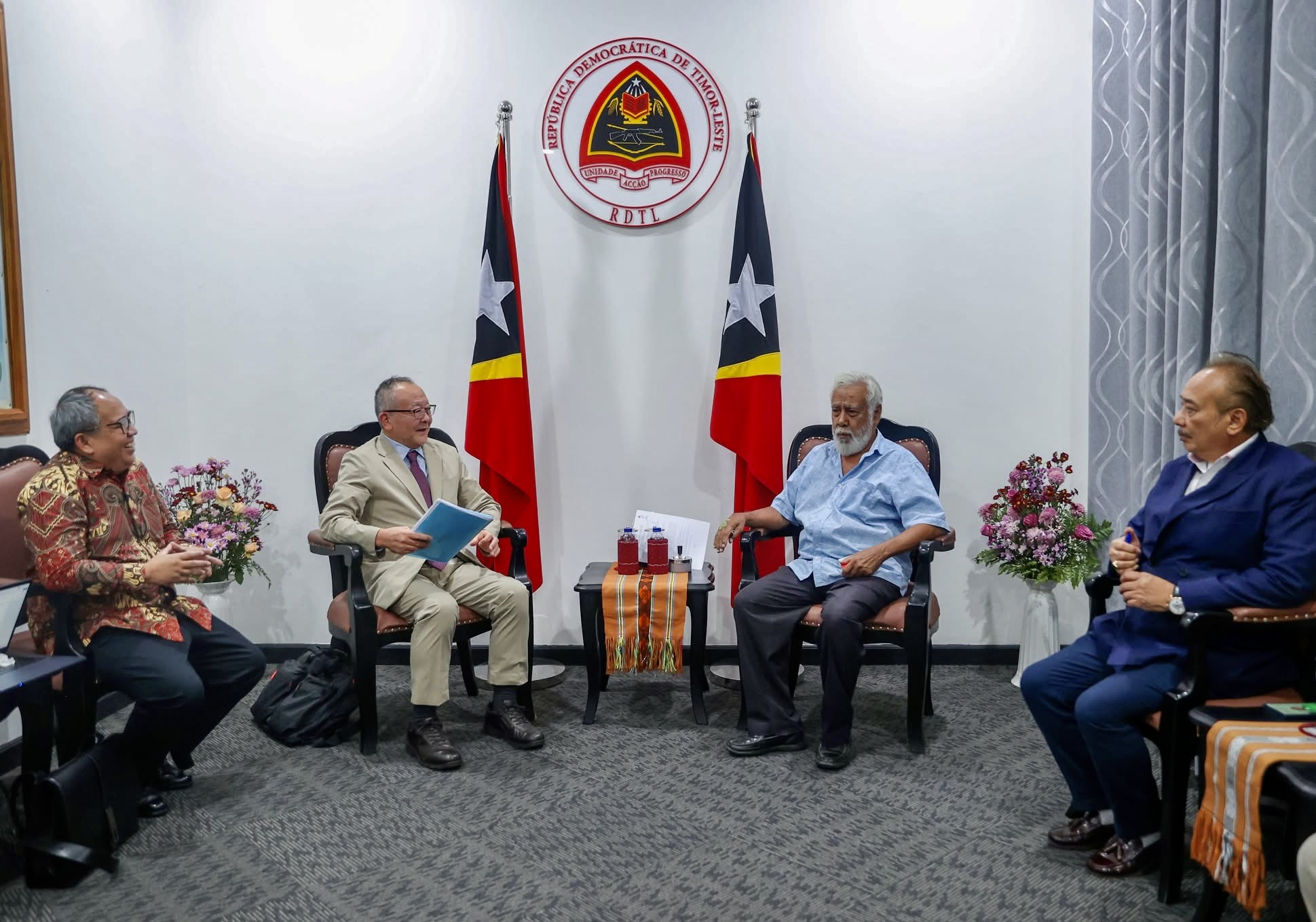





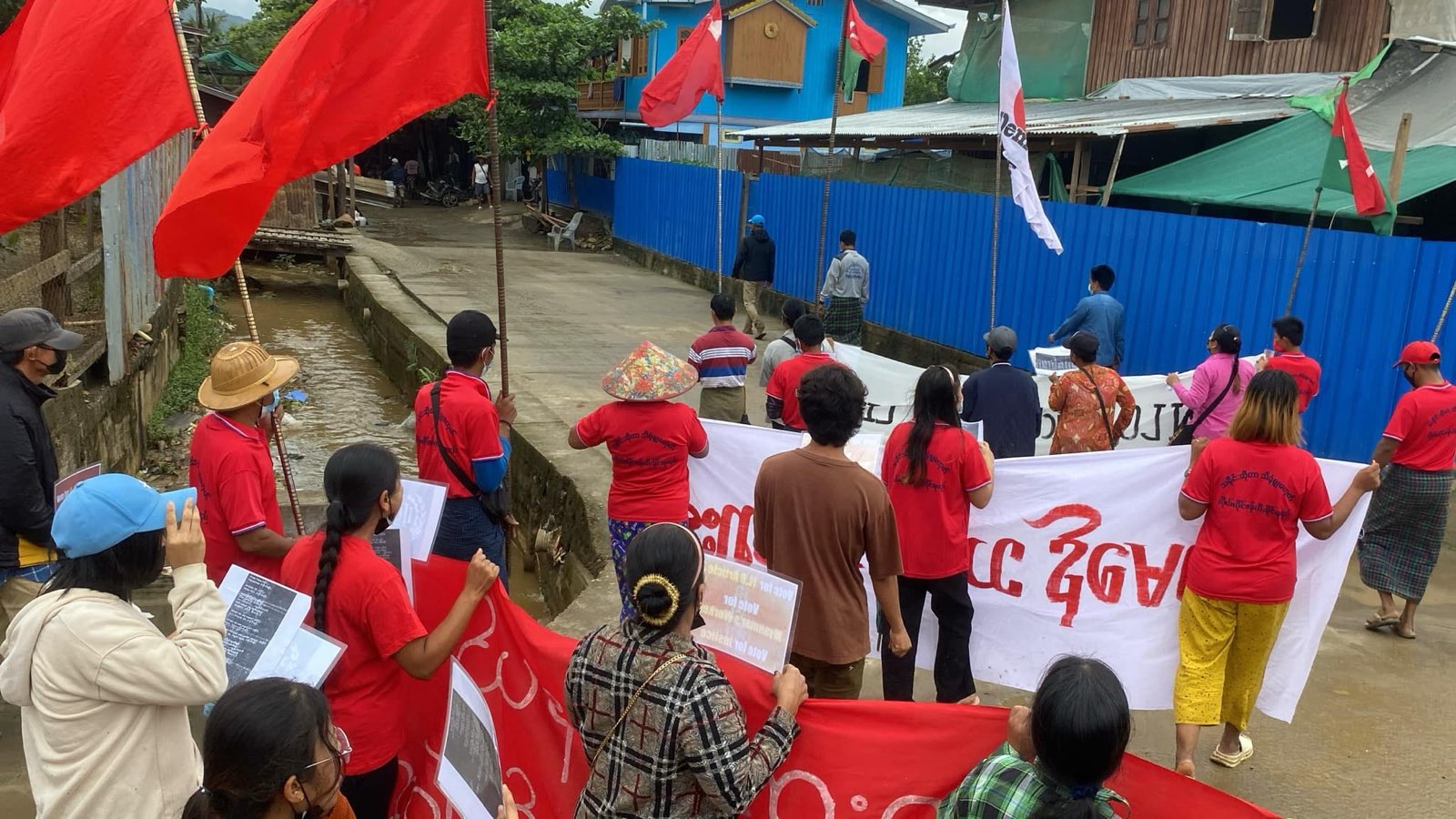





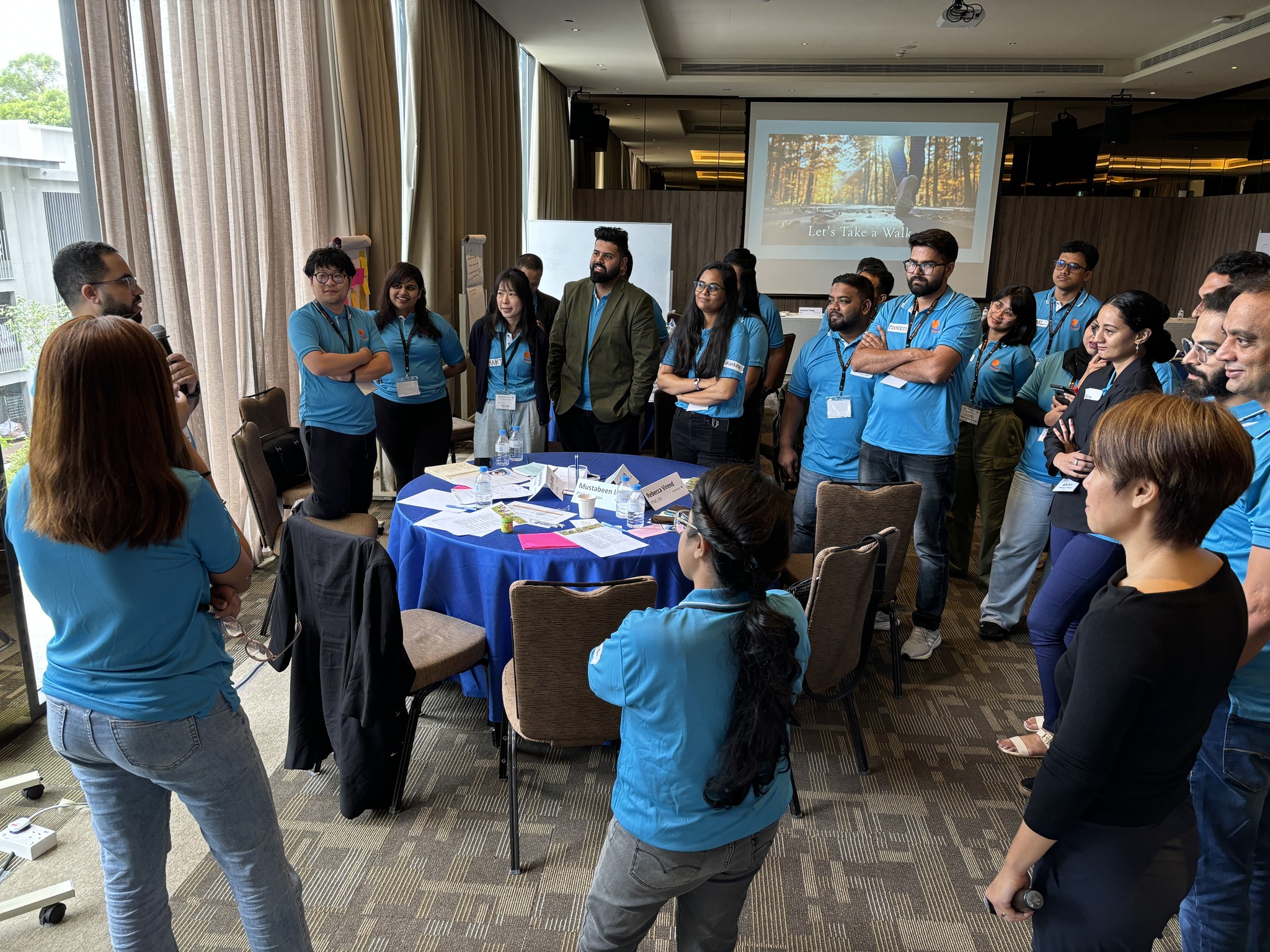











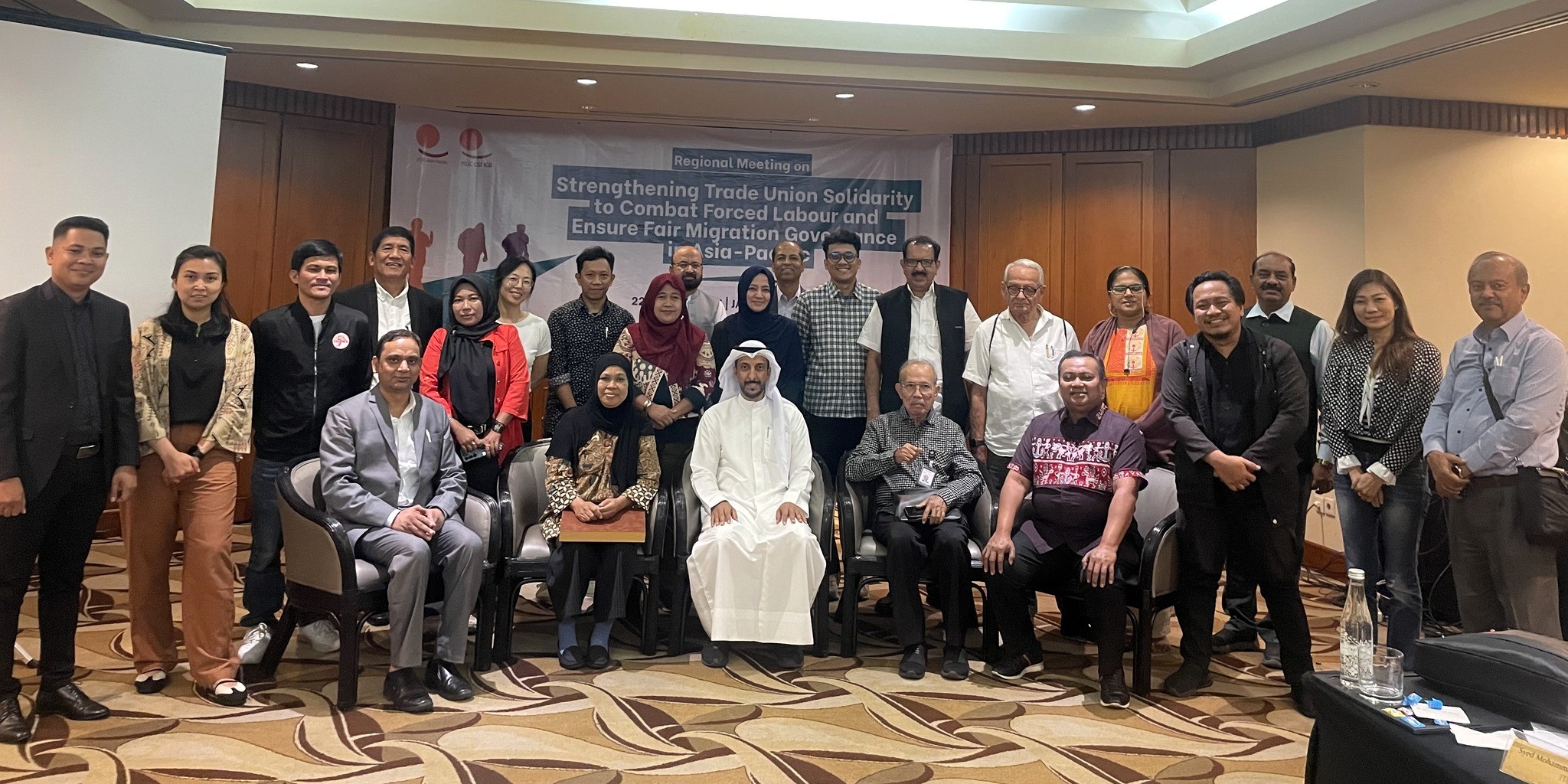























.png)


.png)














.png)


.png)
















































































































%20(1).png)


%20(1).png)
























.jpg)


.jpg)








































































.png)


.png)
























.png)


.png)














































































































.jpg)


.jpg)


























.png)


.png)


.png)


.png)

